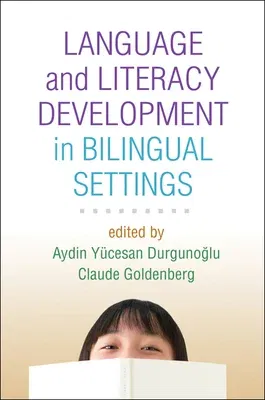Language and Literacy Development in Bilingual SettingsHardcover, 15 November 2010

Qty
1
Turbo
Ships in 2 - 3 days
In Stock
Free Delivery
Cash on Delivery
15 Days
Free Returns
Secure Checkout

Reading Age
Ages: 5-17
Grade Levels
12
Part of Series
Challenges in Language and Literacy
Print Length
363 pages
Language
English
Publisher
Guilford Publications
Date Published
15 Nov 2010
ISBN-10
1606239546
ISBN-13
9781606239544
Description
Product Details
Audience:
Ages: 5-17
Book Format:
Hardcover
Country of Origin:
US
Date Published:
15 November 2010
Dimensions:
22.86 x
15.49 x
3.3 cm
Educational Level:
Grade Levels: 12
Genre:
Multicultural
ISBN-10:
1606239546
ISBN-13:
9781606239544
Language:
English
Location:
New York, NY
Pages:
363
Publisher:
Weight:
635.03 gm